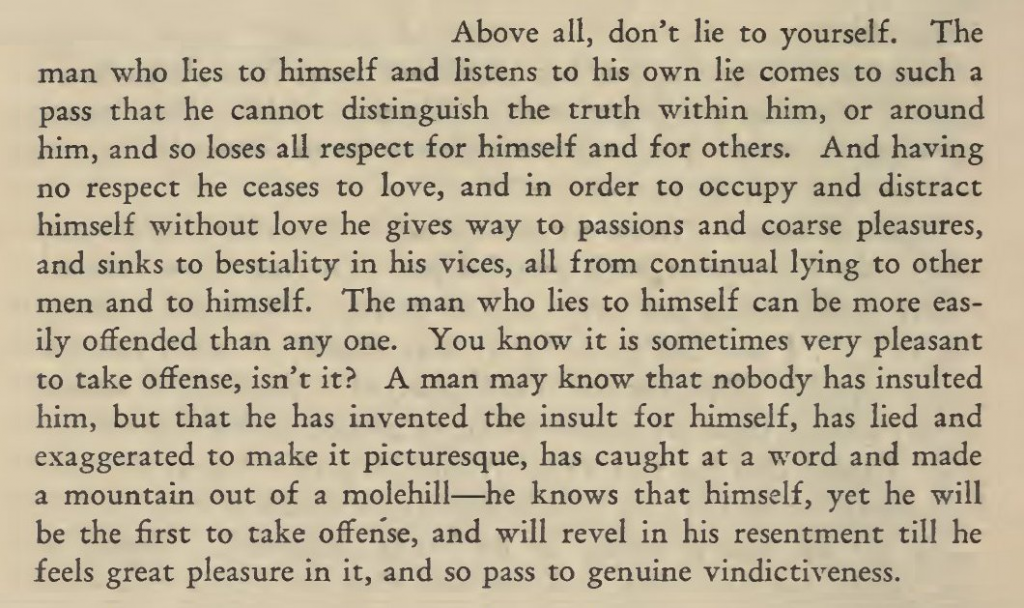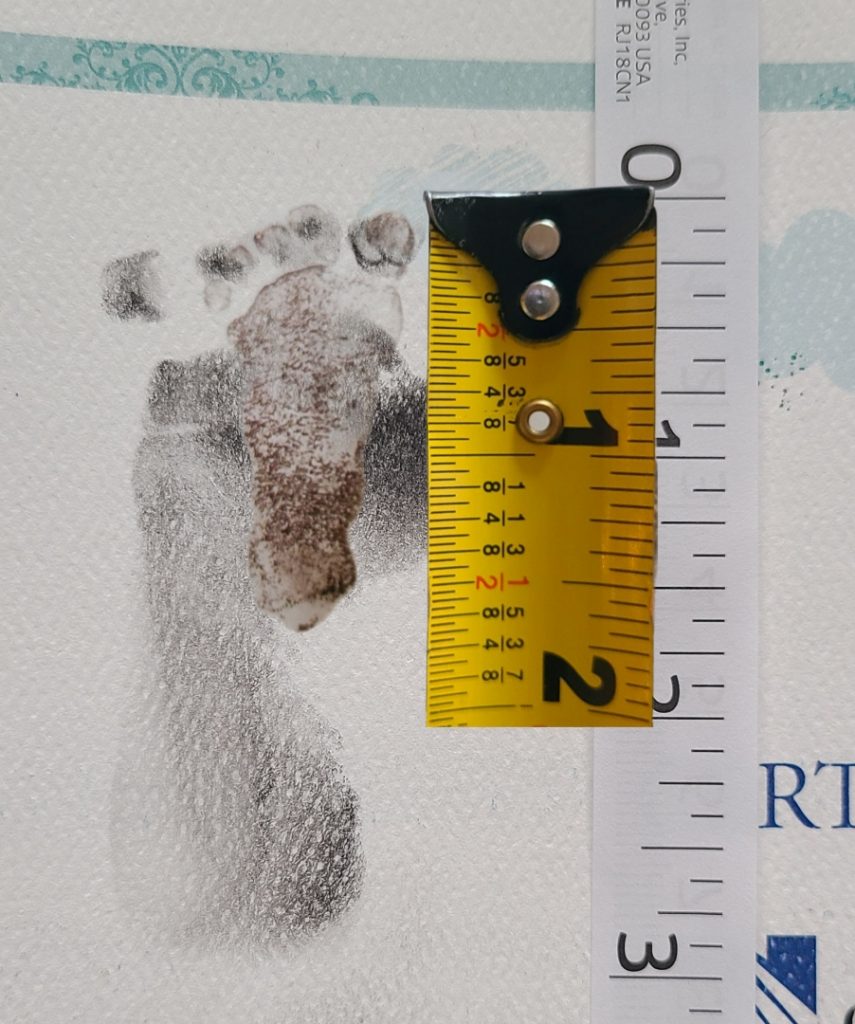
A Better Person
People don’t become better versions of themselves as they acquire intellectual information; they get better as they acquire emotional knowledge — the ability to be made indignant by injustice, outraged by cruelty, to know how to gracefully do things withpeople, not for people.
David Brooks
Antipodists
People who juggle with their feet
Killing CEOs
The murder of United Healthcare CEO Brian Thompson on December 4, 2024 ignited a furious and macabre debate: did he deserve it? According to a recent Emerson poll, young voters aged 18-29 are split, 40% saying the killing was acceptable and 40% saying it was not. The other 20% were evidently high at the time, thought the pollster was their DoorDasher, and responded, “I asked for Extra Ranch sauce.”
Shalom Auslander
Sacraments
in the sacraments, we are not asking God to make something to be other than it is but to reveal it to be what it truly is.
This “truth of all things” is the revelation of the world as sacrament. The waters and all that is in the world is a means of communion with God because of His Divine condescension. The world was not created to be a place of an “alternative” existence, one without God. It exists as the means and focal point of our communion. The sacraments revealed to us within the life of the Church do not exist as isolated instances of a divine encounter but as examples and revelations of what God is in the world. “Heaven and earth are full of Thy glory.”
…secularism is the great heresy of our age: it is the denial of the sacramental character of the world. Just as man is created in the image and likeness of God, and thus capable of bearing God’s image, so too, creation has a sacramental and iconic capability. The world is not an impregnable wall that hides us from God. It is the very means by which, and the place in which, God makes Himself known. We were created for communion with God. This takes place here and now, within this world.
Fr Stephen Freeman
The porch
In the eyes of the world, there is no payoff for sitting on the porch.
In the eyes of the true God, the porch is imperative—not every now and then but on a regular basis.
Barbara Taylor Brown
Notions of God
It follows that any notion of God that is static is—since it asserts singular knowledge of God and seeks to limit his being to that knowledge—blasphemous. “God’s truth is life,” as Patrick Kavanagh says, “even the grotesque shapes of its foulest fire.”
Christian Wiman
Organization Values
…espoused values are “the articulated, publicly announced principles and values that the group claims to be trying to achieve…”Mission, vision, and core values statements are examples of espoused values. What is crucial is whether these professed values align with the lived experience of people within the organization.
Edgar Schein
Life in the Church desert
The ironic detachment wears thin. Hold out for something better long enough and eventually that’s just what you are: a holdout. The view from above the fray turns out to be a view from nowhere. My bull sessions began to feel scripted, and the existentially loaded conversations always landed me back at the same spot and with the same question: What to do now? And the same answer was always: I don’t know.
How not to be a schmatic

Dostoevsky

Greatgrands
So thankful !

Beau Allen Johnson
9#13oz 22″

Archie Scott Gabehart 1#7oz 13″

STILL ON THE JOIURNEY